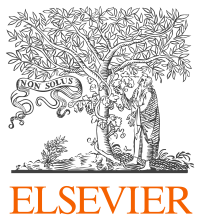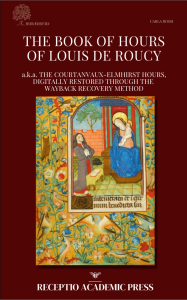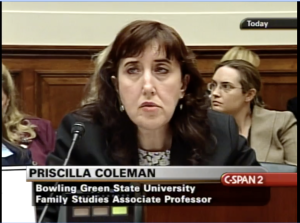Two papers coauthored by a computer scientist whose work on visual effects has been credited in big-name Hollywood movies will soon be retracted after a publisher’s investigation found falsification of data in the articles.
Retraction Watch has also learned that the University of Southern California (USC) found that Hao Li “falsely presented his research” in the two publications while he was a professor there. The articles, both published in journals of the Association for Computing Machinery (ACM), describe a system to create a 3D digital avatar head from a person’s photo using artificial intelligence.
Li co-founded and is CEO of Pinscreen, a startup which is commercializing that technology. On its website, Pinscreen touts its products as “the most advanced AI-driven versatile avatars.” Besides personalized avatars for use in virtual or augmented reality systems, Pinscreen offers the ability to replace a person’s face in videos, creating what’s known as “deepfakes.”
Continue reading Exclusive: Deepfake pioneer to lose two papers after misconduct finding of faked data








